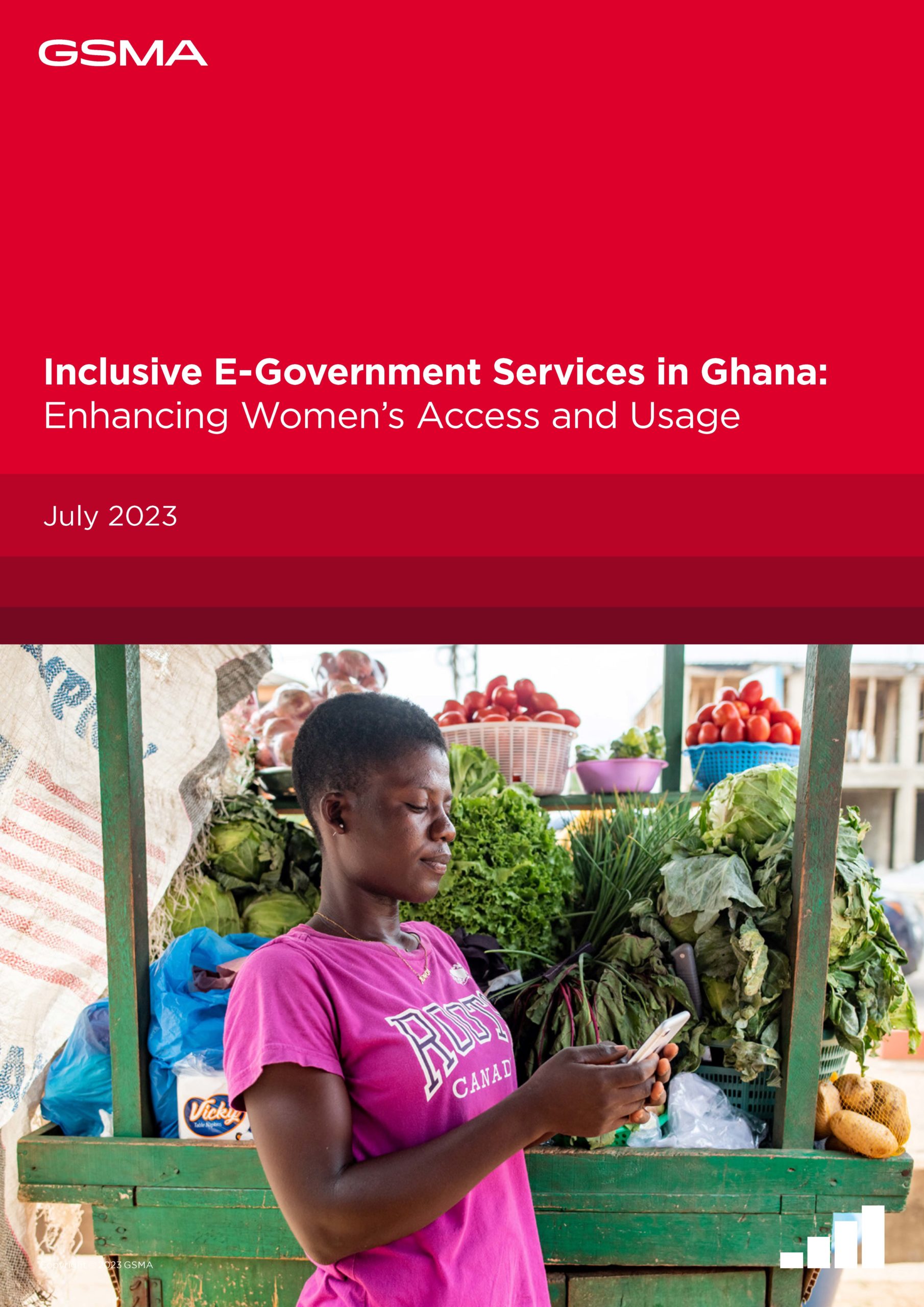Ghana, a vibrant West African nation, has made significant strides in promoting women’s inclusion and empowerment across various sectors of society. Recognizing the crucial role that women play in national development, the government, along with various organizations, has implemented numerous initiatives aimed at fostering gender equality and enhancing women’s participation in social, economic, and political spheres. This article delves into the efforts made by Ghana to empower women and examines the progress and challenges encountered in these endeavors.
Ghana’s Initiatives to Empower Women in Society
Ghana has launched several initiatives to bolster women’s empowerment and inclusion. One of the most notable programs is the establishment of the Ministry of Gender, Children, and Social Protection. This ministry is tasked with formulating and implementing policies that promote gender equality and protect the rights of women and children. It has been instrumental in advocating for legislative reforms and creating awareness about gender-based issues, thereby laying a strong foundation for women’s empowerment.
In addition to governmental efforts, various non-governmental organizations (NGOs) and international bodies have played a pivotal role in advancing women’s rights in Ghana. For instance, organizations like the African Women’s Development Fund (AWDF) and the Ghanaian Women’s Association of Georgia (GWAG) have been actively involved in providing resources, training, and support to women entrepreneurs. These initiatives aim to enhance women’s economic independence and leadership skills, enabling them to contribute more effectively to the nation’s economy.
Education has also been a key focus area in Ghana’s efforts to empower women. The government has implemented policies to increase girls’ enrollment and retention in schools, such as the Free Senior High School (SHS) policy. This initiative ensures that financial barriers do not hinder girls from accessing quality education. Furthermore, programs like the Girls’ Education Unit (GEU) work to address specific challenges faced by girls in the educational system, promoting a more inclusive and supportive learning environment.
Progress and Challenges in Women’s Inclusion Efforts
Ghana has made commendable progress in promoting women’s inclusion, particularly in the political arena. The country has seen an increase in the number of women holding political offices, with women occupying key positions in both the government and opposition parties. For example, Ghana appointed its first female Chief Justice, Georgina Theodora Wood, in 2007, and more recently, women have been elected as Members of Parliament (MPs) and appointed as ministers in various capacities. This increased representation is a positive step towards achieving gender parity in governance.
Despite these advancements, challenges persist in the quest for full women’s inclusion in Ghana. Cultural norms and traditional practices often pose significant barriers to gender equality. In many communities, deeply entrenched patriarchal attitudes continue to limit women’s opportunities and participation in decision-making processes. Efforts to change these mindsets require sustained advocacy and community engagement to challenge and transform societal norms.
Economic disparities also remain a critical challenge. While initiatives to support women entrepreneurs and improve access to education have shown positive results, many women still face significant economic barriers. Limited access to financial resources, land ownership, and employment opportunities hinder their ability to achieve economic independence. Addressing these issues requires comprehensive policies that not only promote women’s economic empowerment but also ensure equal opportunities in all sectors.
Ghana’s efforts in promoting women’s inclusion reflect a strong commitment to gender equality and the empowerment of women. While notable progress has been made through various initiatives and policies, the journey towards full inclusion is ongoing. Overcoming cultural, economic, and social barriers requires continuous and concerted efforts from the government, civil society, and the international community. By addressing these challenges and building on the successes achieved thus far, Ghana can pave the way for a more inclusive and equitable society where women can thrive and contribute to national development.
